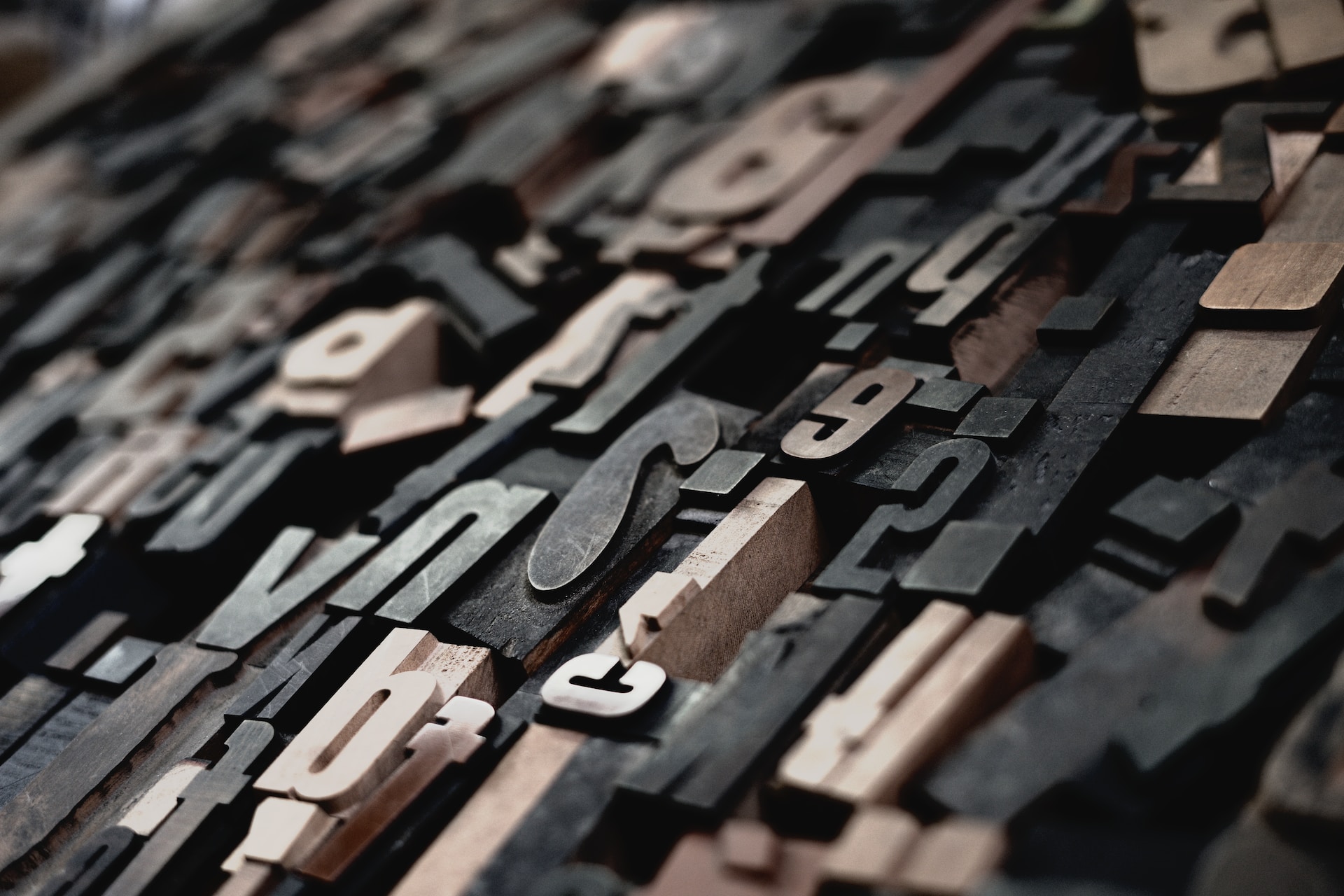Before the pandemic, I had my first ritual psychedelic experiences in a shared, facilitated space. That first experience was intriguing—I had the sense of being a larger spiritual consciousness that was aware of it temporarily living the body and life of this human being. In that sense of expansion, I felt a sense of how much experience there is in experience, how much sensation and information there is in every moment. And a sense that the words I spoke to try to communicate it felt wholly inadequate to the task. There were these thoughts that felt incredibly profound and beautiful but when I tried to write them down, I was disappointed. The words were nothing like the thoughts.
Since then, I’ve felt disenchanted with language, which is a hard problem for someone who loves reading and writing. In my younger days, language had a talismanic, magical power. A beautifully written poem or song lyric seemed to resonate with its own spirit. I’d post them where I could see every day, quoted them on my embarrassing personal blogs, and held them up as these incredibly beautiful pieces of magic.
Occasionally there is a piece of writing that strikes me with that beauty, but so much of the content that I read every day begins to blur into this meaningless Orwellian duckspeak, or obfuscating rhetoric. It is the fate of every revolutionary concept to be laden with more and more meanings and used beyond the bounds of its original formulation, until it comes to represent everything and nothing. One can almost predict the litany of words a writer is about to apply as though they are self-explanatory.
Once I was talking to a friend about a problem I was having, and I started with, “I know I’m privileged, but—” and the friend, who was less privileged, stopped me. “You know you don’t have to say that.” And I wondered why I felt like I did. I joked, “I feel like it’s a ward against cancellation.” The more I thought about it, the more true it felt. It didn’t add to the conversation or change my privilege in a meaningful way, it felt like a superstitious act, like picking up a penny.
When I started working as a therapist, I was in trainings where we were encouraged not to use psychological jargon in our practice and whenever possible to use the client voice in our notes. The thought was, however you the client speaks about your problems has far more use and aliveness than our clinical language. Yet these days clinical jargon has become so popularized that my clients use it more than I do in a session.
When the clinical concepts give them a us to hold our struggles at a distance and look at them, it’s useful. What becomes unuseful is when our language compresses a wealth of information and feeling within one or two keywords that we assume all of us understand in the same way, when we do not. Sometimes the clinical language becomes our way of trying to race over treacherous ground. If we had to stop and really talk about what was happening and how we feel about it, we’d be overwhelmed.
As a therapist, I often stop my clients and ask them to do slow down and walk through the treacherous ground. When they label someone in their life a narcissist, I want them to explain to me what that means to them—not because I don’t believe them. Often, when I hear the story, I agree. But because it’s the story that connects us. Your efforts to put your experience into your own words is what brings suffering out of the undifferentiated mass of pain into something we can see and heal.
On an aesthetic level, I do not like most clinical language and jargon. I do not like a lot of the words we’ve turned into identities because they are Latinate and carry an aura of authority. I do not like encoding our pain and heartbreak within the language of science and psychiatry. To me this trend seems part of the ongoing struggle of the analytical mind to tame and dominate the wild vitality of the sensuous soul. I want them to partner with each other and support each other in being.
I use diagnoses, because I must, because that is my training and the tradition in which I practice, and because that is the prevailing norm of our healthcare system. But a diagnosis does not heal. It is the foam on the surface of the ocean. Healing draws us deeper into the dark ocean, to know the unspeakable velocities of emotion, and to come back with new words for old stories, words that may transform our worst pains into a source of vitality and strength.


